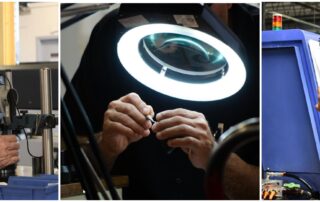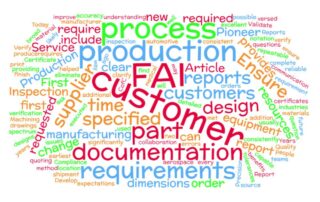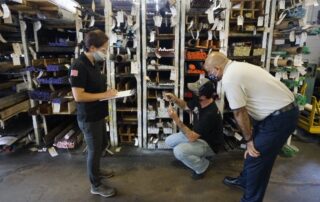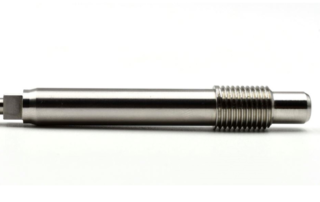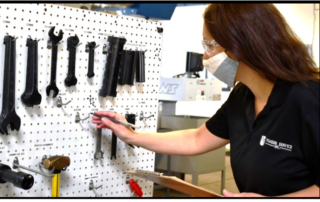What is Precision Medical Machining?
The medical industry relies on various devices to provide the highest level of patient care, including diagnostic equipment, surgical tools, orthopedic devices, and much more. Due to the critical nature of medical applications, it is crucial that the components within these devices be highly accurate, safe, and suitable [...]





